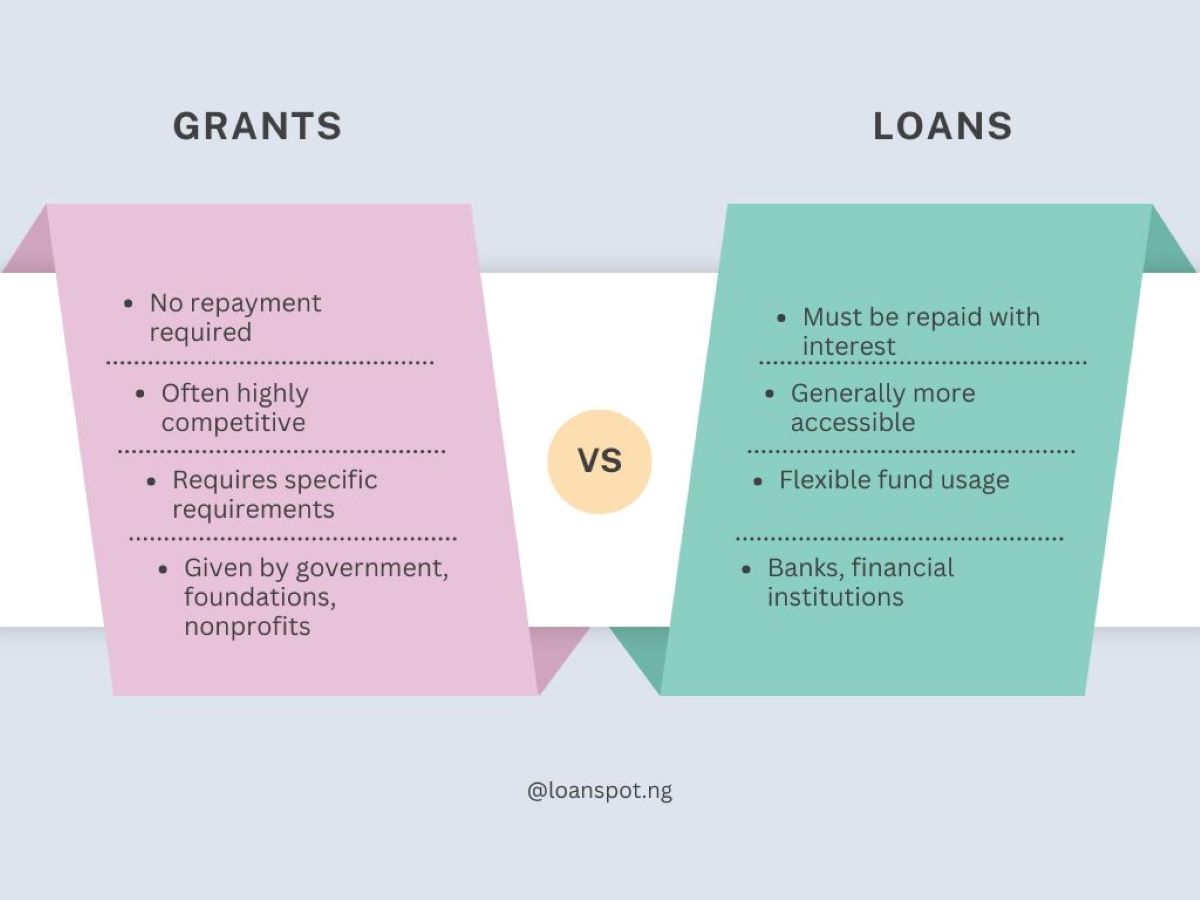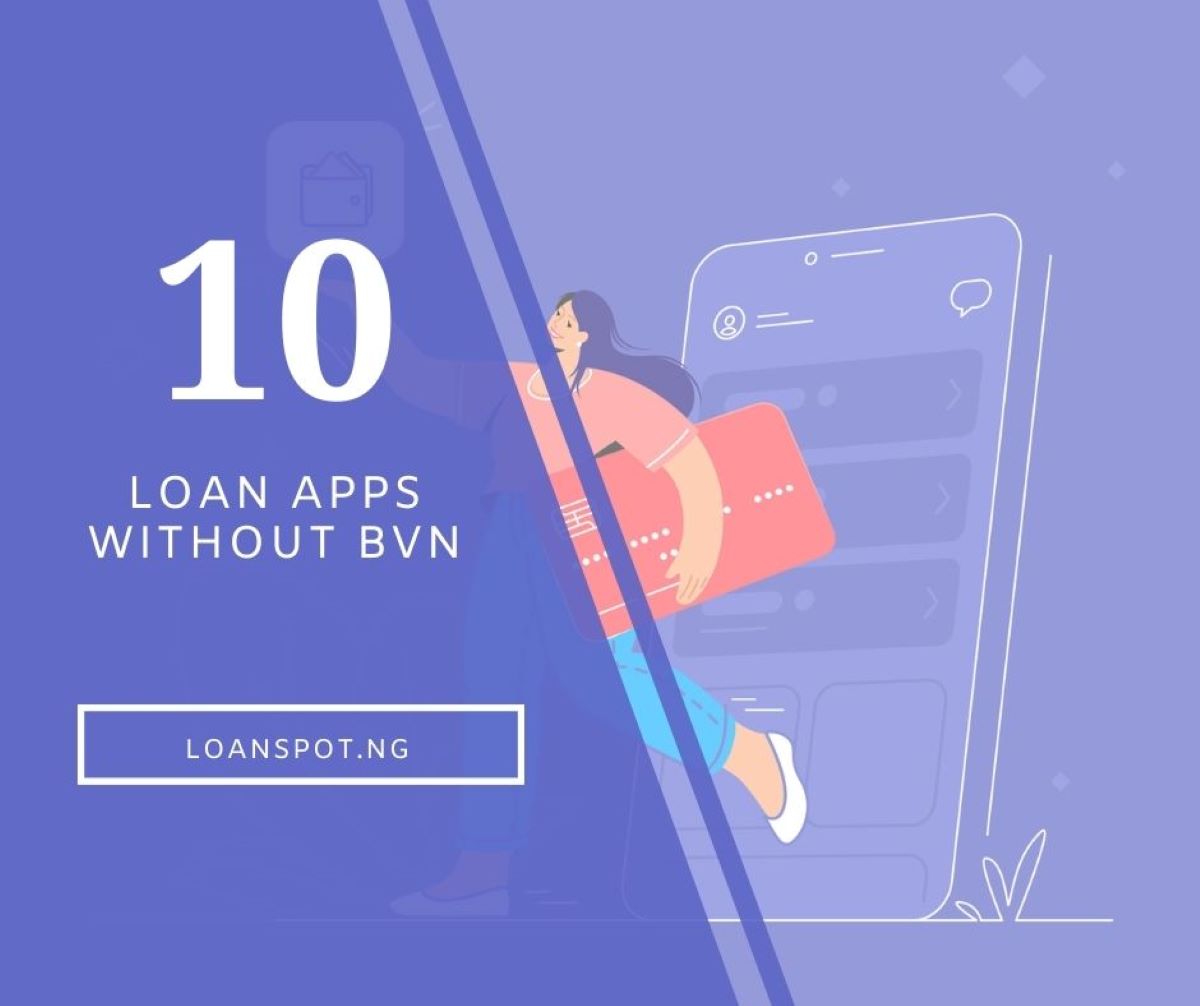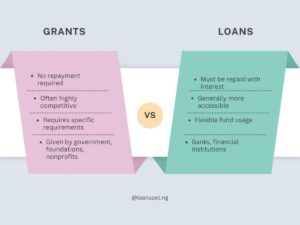Introduction to Agricultural Loans
The agricultural sector in Nigeria is one industry filled with untapped potentials as about 70% of the population engage in it on a subsistence level. If you are into agriculture and you are ready to push your business to another level, or you need business capital, taking an agricultural loan could be a solution.
The Central Bank of Nigeria announced a ten-year plan of 7% credit allocation into the Nigerian agricultural sector in the year 2011. This plan was established to encourage participation in the agricultural sector as well as improve agricultural production output.
To achieve this feat, the central bank introduced some measures that included the creation of intervention funds like Commercial Agricultural Credit Scheme (CACS). The implementation of these measures is estimated to boost the agricultural sector by 400% growth from 2011 to 2021.
Wondering where and how to get agric loans in Nigeria, here are six lenders you could approach for a loan in Nigeria:
1. Bank of Agriculture
Popularly referred to as the “farmers’ bank”, the Bank of Agriculture is a government-approved bank whose aim is to provide banking services, financial loans and advice to farmers in Nigeria. The bank is supervised by the Federal Ministry of Agriculture and regulated by the Central Bank of Nigeria. Some loans provided by the Bank of Agriculture include; SME loans, Cooperative and farmer’s loans, Agricultural micro-loans, Non-agricultural micro-loans and Agri-business loans.
2. Agric-Business Small and Medium Enterprises Investment Scheme AGSMEIS
This is a funding scheme established by the Federal Government in collaboration with the CBN to promote a sustainable economy and increase employment opportunities through agri-businesses. Their agricultural loans have an interest rate of 5% with a tenor of 7 years. Industries eligible for this scheme are the Agriculture sector, Service sector (ICT and the creative industry), Real industry (mining and manufacturing) and other SMEs approved by the Central Bank of Nigeria.
3. Commercial Agriculture Credit Scheme (CACS)
This is an initiative by the Federal Ministry of Agriculture and the Central Bank of Nigeria to boost the development rate of agric businesses in the agricultural sector. Their agricultural loan facility is open to medium or large scale commercial farms, limited liability companies in the agriculture production process and state governments (for lending to subsistence farmers). With 9% as its interest rate, this fund is open until 2025.
4. Agricultural Credit Support Scheme (ACSS)
This is an agriculture funding initiative by the Federal Government and the CBN. Also, the Bankers Committee actively supports this scheme. Established to encourage farmers in the agricultural sector, the ACSS curbs inflation of agrarian produce reduces the cost of production and also helps to diversify Nigeria’s revenue base. The ACSS loans have an interest rate of 8% (6% if you pay earlier) and you can access it through the respective state chapters of Farmers association or directly from banks if you are a large scale farmer.
5. Agricultural Credit Guarantee Scheme Fund (ACGSF)
This initiative, established by the Federal Ministry of Agriculture and managed by the Central Bank provides guarantee (about 75%) for loans extended to farmers from commercial banks. The ACGSF offers some products which include Interest DrawBack, the Self-Help Group Linkage Banking and the Trust Fund Model. Interest DrawBack subsidies interest rates. Self-Help Group Linkage Banking encourages group savings and loans, and the Trust Fund Model complement farmers security for loans.
6. The Nigerian Incentive-Based Risk Sharing System for Agricultural Lending (NIRSAL)
This initiative launched in 2011 and incorporated in 2013. The purpose of this scheme is to address the low funding level in the agriculture sector. Also, to channel finance into fixed agricultural value chains. NIRSAL specialises in Agribusiness Project Development, Agricultural Risk Management, Value Chain Fixing and Finance Facilitation.
CONCLUSION
These are the primary agricultural lenders in Nigeria, and they are in partnership with some commercial banks. These banks include; First Bank, United Bank of Africa, Access Bank, Union Bank and some other microfinance banks.
Despite the central bank’s effort to promote agricultural credit within the industry, there are still some challenges. They include but not limited to
- Information gap within the industry
- Inadequate understanding of requirements to access agric loans
- The bureaucratic and complicated process of obtaining an agric loan
- Commercial bank’s apathy to the agricultural sector
However, the emergence of agrotech companies has mitigated these challenges. They have encouraged agricultural participation from lenders, borrowers and investors alike. They have created simple ways of credit and investment management of the agricultural sector through technological advancement.







